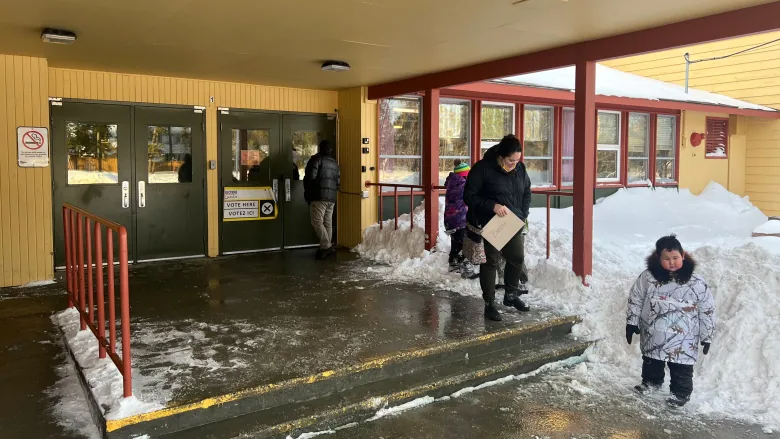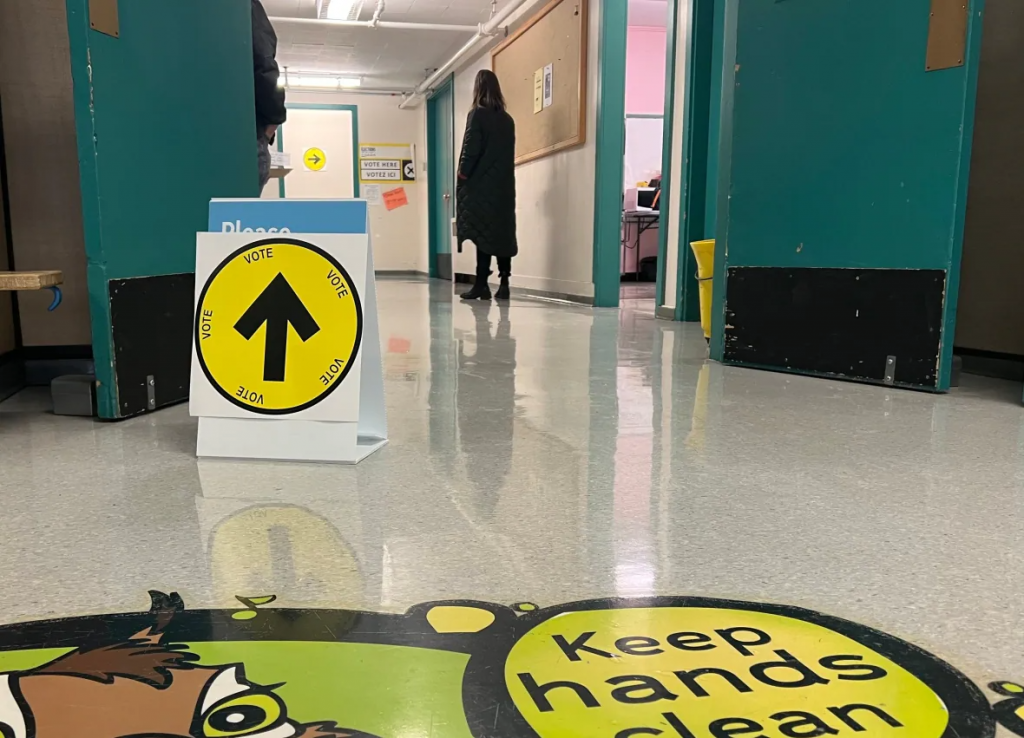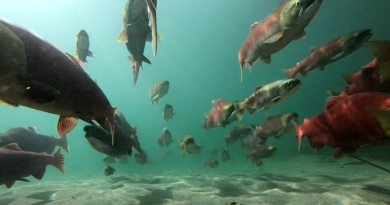Canada’s northwestern Yukon territory to set up First Nations school board after historic vote

New board to emphasize on-the-land learning, Indigenous language instruction
Yukon will soon have a First Nations school board, which supporters say will give Indigenous residents a greater say over education matters with the territorial government.
For the last two weeks, voters and parents in eight school areas have cast ballots in a referendum that asked if their schools should be part of the new school board.
On Thursday night, the results were released, with voters in seven of the eight areas responding in favour of the proposal.
The new board will be overseen by the Yukon First Nations Education Directorate, an independent body established in 2020 to push for more Indigenous control over education. The First Nations school board was a key part of its focus.
My first reaction is just sheer pride … and pure joy,” Melanie Bennett, the directorate’s executive director, told CBC Thursday night. “We’re changing history.”
‘True reconciliation’ at work
The directorate says the creation of the proposed school board represents “true reconciliation” because it lets Yukon First Nations finally share authority over education with the Yukon government, which currently oversees all the territory’s schools except for two francophone schools in Whitehorse.
“There’s been so many attempts to bring the change to bring First Nations to the table to say … if you teach them in our way, they will see success,” Bennett said.
“There’s been lots of initiatives … that have come along the way, but they have never ever brought any significant change for our children.”
The goal is for the new board to start running the schools for the 2022/23 school year.
‘Grab the wheel’
In an interview earlier this week, Bennett told CBC that Yukon’s First Nations chiefs who are involved with the directorate saw a new school board as a way for them to “grab the wheel and start to make change” in the territory’s education system.
“This was one way we could move through this and start to work with government side by side to say, ‘this is what it should look like,'” Bennett said.
“The chiefs … wanted that collaborative process and to move forward.”
A review of the Yukon’s education system in 2019 by Canada’s auditor general found that it was not meeting the needs of Indigenous students — despite commitments from the territory’s education department to do so.
Part of the problem, the report said, was the department did not partner with First Nations to develop effective programming.
The territory’s most recent hearings on the state of education hints that little has changed since then.
Small communities vote ‘yes’
The first unofficial results started rolling in just after 6 p.m. Thursday night, with resounding ‘yes’ results from two of Yukon’s smallest communities.
In tiny Beaver Creek, a community of 100 people approximately 400 kilometres northwest of Whitehorse, the result was unanimous in favour of the new board. Ross River, with just under 400 people, had only one voter against.
Schools in Haines Junction, Watson Lake and Old Crow will also now fall under the new school board. The board will also oversee two Whitehorse schools: Grey Mountain Primary School and Tahkini Elementary School.
The vote didn’t pass at the J.V. Clarke School in Mayo, Yukon.
The First Nation school board will take over responsibility for those who voted to join them, including hiring staff, allocating resources, and shaping the curriculum starting next year.
Emphasis on land learning, Indigenous languages
It’s not clear yet what changes are coming to those schools who voted yes.
The new First Nation school board wants to emphasize in its curriculum on-the-land education and experiential learning, a renewed focus on Indigenous languages, and bringing elders into the classroom.
But, Bennett said voters were asked to consider the proposed board in more conceptual terms — as opposed to a detailed education plan.

Local First Nations and school board trustees will form community committees that will make decisions on each school’s priorities and direction.
It’s also not clear who will be at the helm of the new school board. The board’s five trustee positions will be elected later, but only those whose ancestors spoke a Yukon Indigenous language will be able to run in the initial rounds.
Still, Bennett said she wants to manage expectations.
“We also have to leave enough room for when the trustees are elected, that they’re going to be able to design this,” Bennett said.
“That in itself is an Indigenous perspective, to say we need to wait till all the players are at the table … and then set what the path is going to be forward.”
-With files from Paul Tukker
Related stories from around the North:
Canada: Continuing education a priority for new Yukon University president in Canada’s North, CBC News
Finland: Can cross-border cooperation help decolonize Sami-language education, Eye on the Arctic
Norway: Sami education conference looks at how to better serve Indigenous children, Eye on the Arctic



